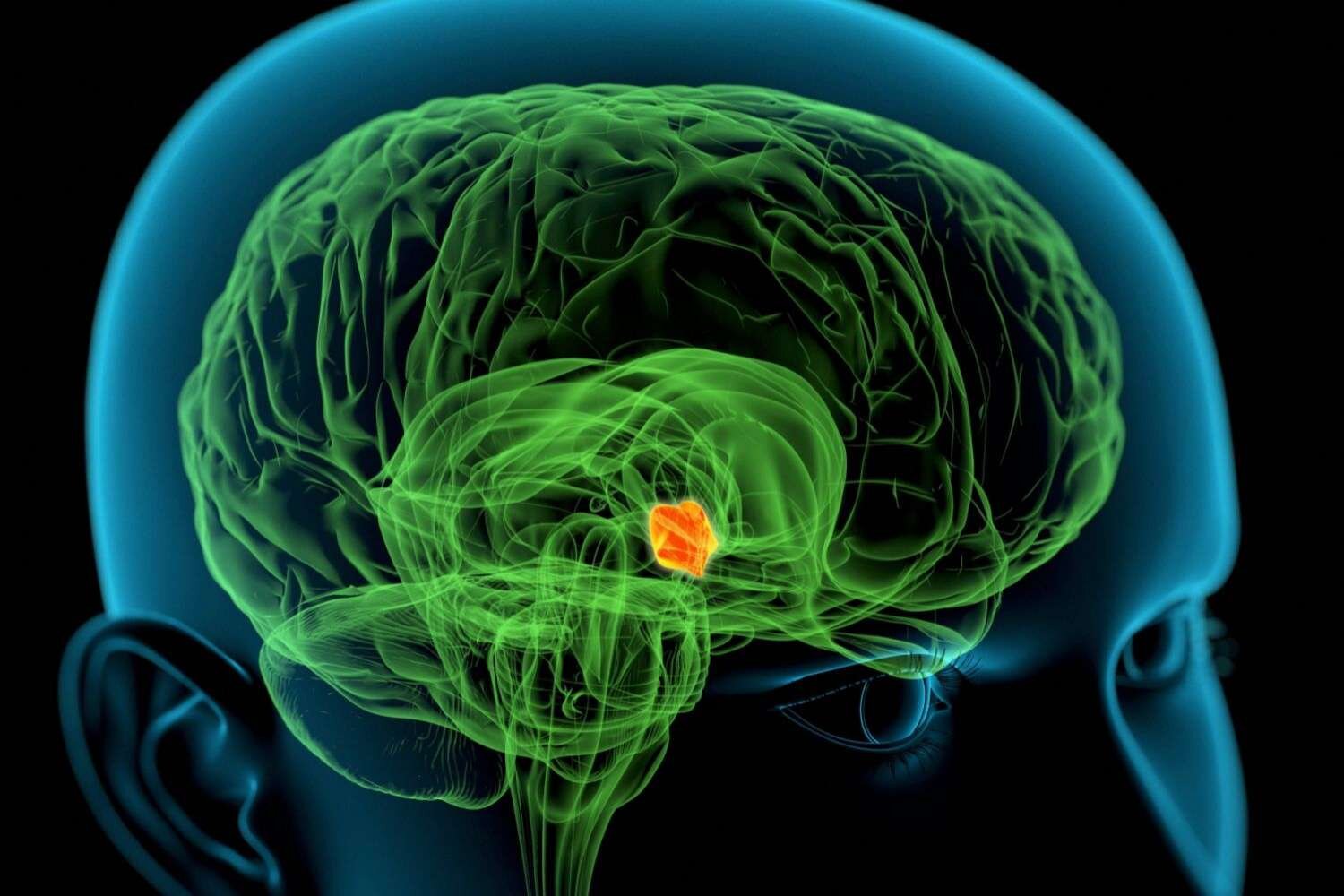It seems like we always blame women’s emotional problems on their hormones. It seems like there is always a cause to blame hormones for a woman feeling a little out of whack or acting that way, whether she is pregnant, experiencing PMS, having her period, in menopause, pre-menopausal, or whatever. But on sometimes, it is 100 percent accurate. Consider these 10 things about hormones that every woman should be aware of if this seems to be the situation for you.
1. It must be your hormones!
Hormones are biochemicals that are released by glands and circulate throughout the body’s organs to target physiological functions. They are sensitive and easily upset if not handled carefully, leading to a variety of health issues. Stress, poor eating habits, drugs, PCOS, and pregnancy are a few things that might cause a woman to become unbalanced.
Hormones are produced by endocrine glands, which are distinct cell populations. The pituitary, pineal, thymus, thyroid, adrenal glands, and pancreas are the main endocrine glands. Additionally, women generate hormones in their ovaries and men in their testes. Hormones that typically impact women include estrogen, progesterone, cortisol, insulin resistance, and testosterone.
2. How do they affect women?
Consistent weight gain, anxiety, sadness, libido loss, exhaustion, infertility, growth and development, food cravings, digestive issues, belly fat, and a slow metabolism are common symptoms.
3. Keep them in harmony by detoxing correctly.
Hormone-disrupting compounds, which act as hormone clones in the body and prevent the body from making true hormones, can be found in pesticides, plastics, and household chemicals. Taking birth control tablets has the same effect. Detoxing is beneficial. Avoid a crash diet, though. Correct detoxification necessitates a daily nutritional intake.
4. Release tension and relieve stress.
Stress causes the body to release cortisol, which throws hormones out of sync. It is advisable to try a mix of stretching, low-impact aerobic exercise, and strength training. The finest options include yoga and swimming.
5. Eat right foods at the right time.
A lot of the issues brought on by hormone imbalance can be prevented if you eat a balanced diet that contains organic fruits and vegetables, grains, brown rice, lentils, nuts, cereals, chia seeds, quinoa, and sprouts. By integrating Omega 3 fatty fish, blueberries, cinnamon, honey, oysters, dairy, and chicken in your diet, you can even prolong and boost your fertility. They are a fantastic source of antioxidants and nutrients that are beneficial to reproductive health. Author of the best-selling book “The Hormone Diet,” Natasha Turner, advises eating regularly at the same time.
6. Sleep
Dr. Turner asserts that skipping sleep or even tossing and turning against your will might lead your body to produce insufficient amounts of leptin, a hormone that is essential for regulating hunger and weight. Lack of leptin might result in weight gain and the next day’s increased hunger. Try to get between seven and nine hours of sleep per night, and keep your bedroom chilly, to improve your rest and boost hormones that burn fat.
7. Don’t go overboard on caffeine.
Consume a lot of water and limit your intake of salt and sweets. Try to stay away from beverages with aerated or caffeine. The endocrine system might suffer greatly from excessive coffee use.
8. Supplements can balance hormones.
Magnesium, which can be found in bananas, dried figs, and pumpkin seeds, is excellent for promoting restful sleep, reducing PMS symptoms, and easing cramping. Vitamin D is superior for enhancing hormone activities, and cod liver oil is a superb source of vitamins A, D, and K.
9. Choose coconut oil over polyunsaturated Omega 6 fats.
Polyunsaturated lipids are easily oxidized and lead to cellular inflammation. Such cells have the potential to contribute to issues like PCOS when they enter reproductive organs. Decide to use coconut oil or olive oil instead of margarine or other oils that have undergone chemical alteration.
10. Hormones need fat to survive.
High estrogen, low testosterone, low DHEA (an adrenal gland hormone), high insulin, and high cortisol are just a few of the hormonal abnormalities that might be indicated by extra belly fat. Lack of success with diet or exercise-induced weight loss is a key indicator of a hormone imbalance.
The first step in prevention is awareness. Maintain a healthy lifestyle and nutrition to stay happy and healthy.




